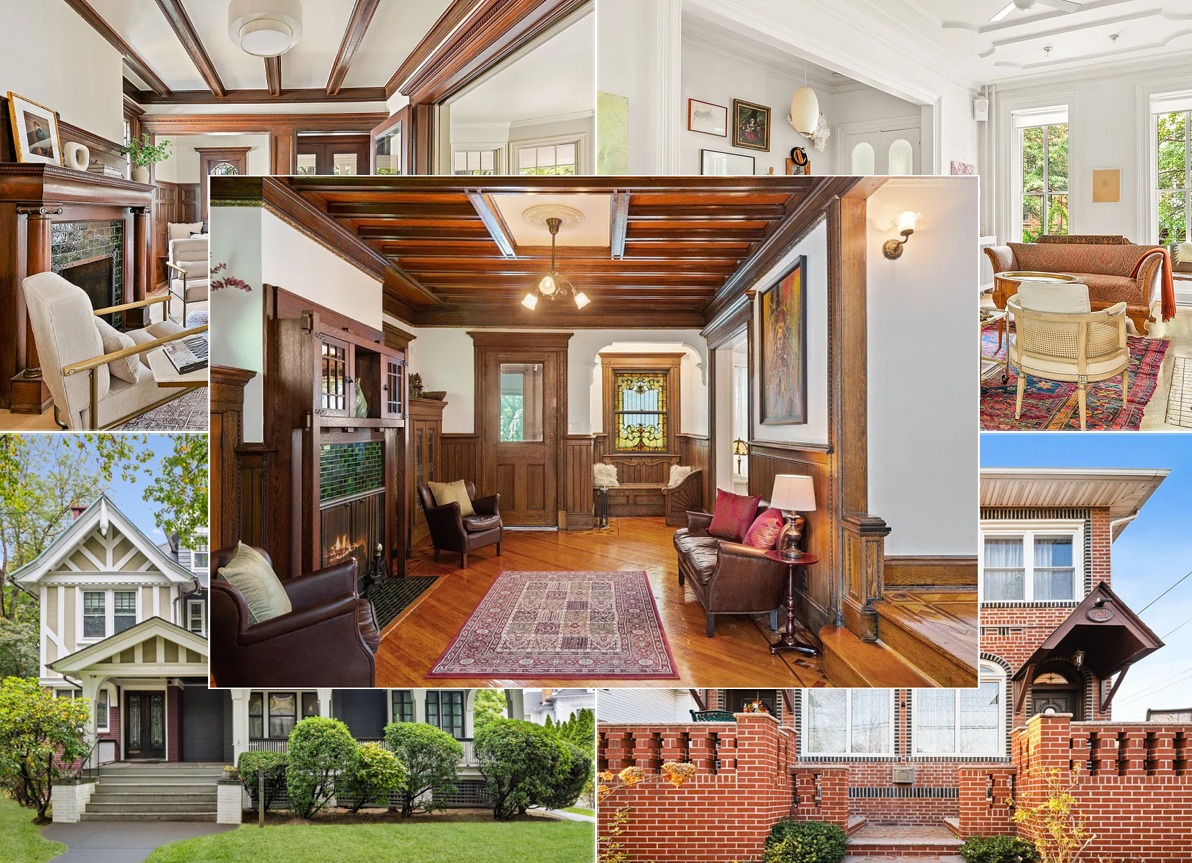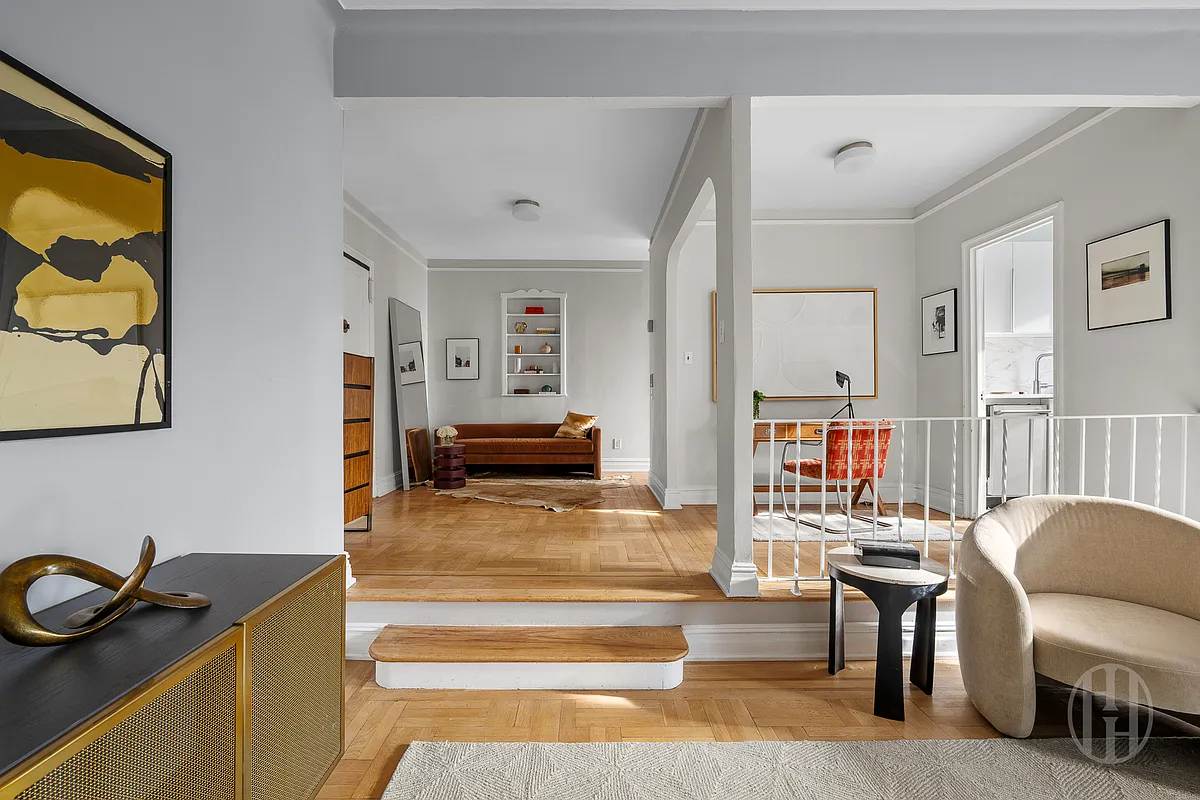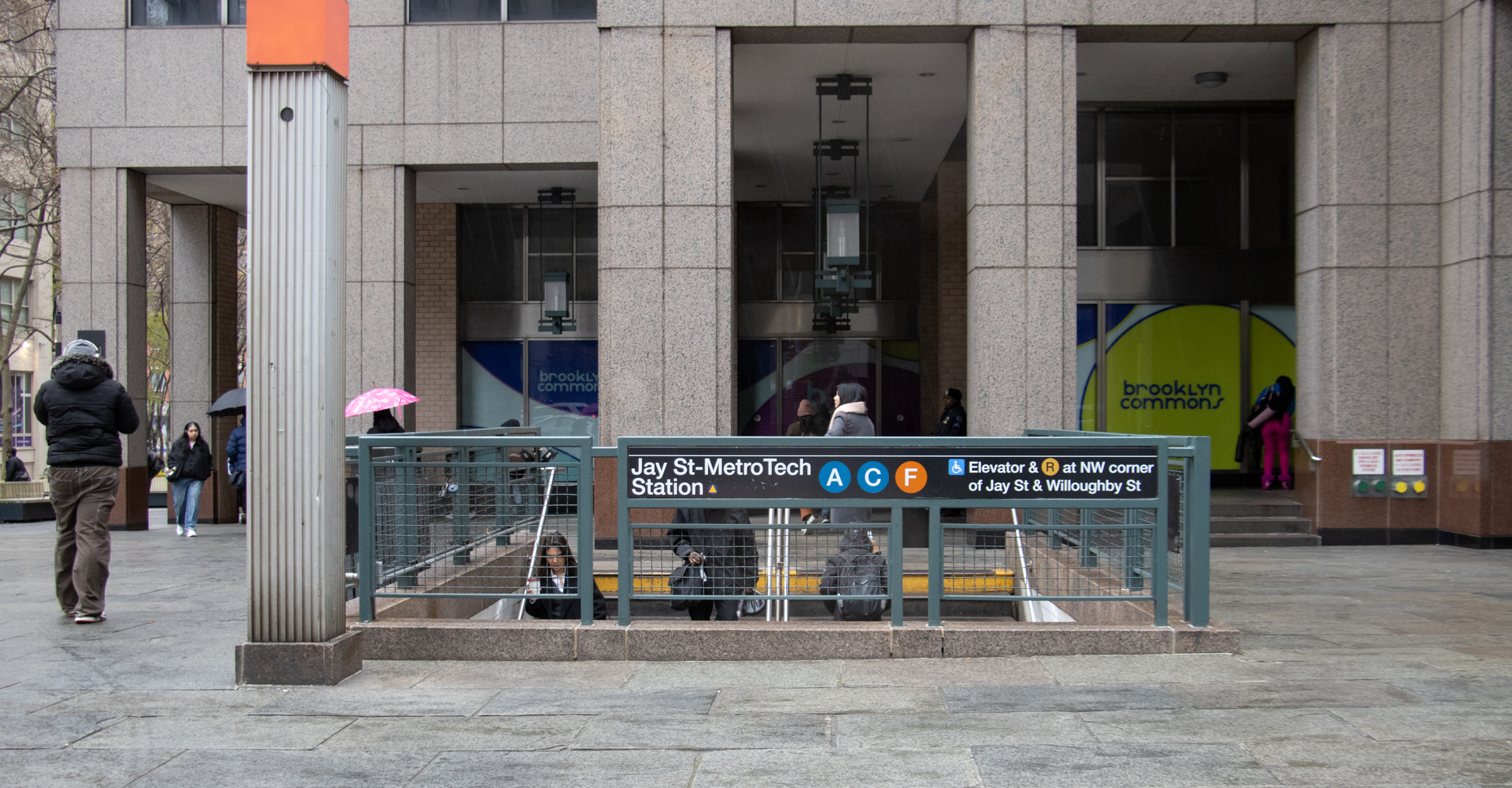Rent-Stabilization Hike: Lose-Lose?
At the conclusion of the typically rowdy Rent Guidelines Board meeting last night, the board authorized increases of 4.5 percent on one-year leases and 8.5 percent on two-year leases for the city’s 1 million rent-stabilized apartments. The hike was the largest one in almost two decades, but many landlords were unhappy with the decision, saying…

 At the conclusion of the typically rowdy Rent Guidelines Board meeting last night, the board authorized increases of 4.5 percent on one-year leases and 8.5 percent on two-year leases for the city’s 1 million rent-stabilized apartments. The hike was the largest one in almost two decades, but many landlords were unhappy with the decision, saying operating costs (especially fuel charges) have skyrocketed. “I am not satisfied with what we have at all,” said one landlord quoted in the Sun. According to the Times, the Rent Stabilization Association, which represents thousands of landlords, had been pushing for increases of between 10 and 15 percent. The board gave another concession to landlords in the form of a supplemental monthly rent increase of $45 for one-year leases or $85 for two-year leases for tenants who have lived in stabilized units for more than six years. Tenants, of course, expressed frustration with the board’s decision. The point we’re making is that this is a charade, Michael McKee, the treasurer of Tenants Political Action Committee, is quoted as saying in the Times. This was a done deal from the beginning. Before the meeting last night, Council Speaker Christine Quinn held a rally in support of a bill before the Legislature that would restructure the Rent Guidelines Board (which is solely comprised of members appointed by the mayor) and deny rent increases for one year on any unit with serious violations.
At the conclusion of the typically rowdy Rent Guidelines Board meeting last night, the board authorized increases of 4.5 percent on one-year leases and 8.5 percent on two-year leases for the city’s 1 million rent-stabilized apartments. The hike was the largest one in almost two decades, but many landlords were unhappy with the decision, saying operating costs (especially fuel charges) have skyrocketed. “I am not satisfied with what we have at all,” said one landlord quoted in the Sun. According to the Times, the Rent Stabilization Association, which represents thousands of landlords, had been pushing for increases of between 10 and 15 percent. The board gave another concession to landlords in the form of a supplemental monthly rent increase of $45 for one-year leases or $85 for two-year leases for tenants who have lived in stabilized units for more than six years. Tenants, of course, expressed frustration with the board’s decision. The point we’re making is that this is a charade, Michael McKee, the treasurer of Tenants Political Action Committee, is quoted as saying in the Times. This was a done deal from the beginning. Before the meeting last night, Council Speaker Christine Quinn held a rally in support of a bill before the Legislature that would restructure the Rent Guidelines Board (which is solely comprised of members appointed by the mayor) and deny rent increases for one year on any unit with serious violations.
Board Backs Rise in Rent Up to 8.5% [NY Times]
Rent Increases Are Approved For Stabilized Apartments [NY Sun]
Photo by richarddavis.





2:33
That is one of the funniest comments I’ve ever heard. I’m only 30, and even I remember the days of expensive air travel and astronomical long distance fees.
Not sure specifically what you mean by “financial services”. There are no usury laws anymore, but the financial markets have been regulated since the day the Fed was created. A casual stroll around New York City will show you what was once possible before that parasitic organization was created. Beautiful homes and apartment buildings were constructed, hugely expensive capital improvements like the subway system and heavy industry was built up in years, not decades. The GDP growth rate since the Federal Reserve was created has been half what it was from day the Republic was founded until that time.
The regulation of the financial industry has in fact created a century of diminished access to capital that has resulted in lower quality housing and the near destruction of capital intensive industries.
3:26 – is absolutely correct. The inheritance law is crazy.
3:23- why did you buy the building under those circumstances? what were the factors in that? And do you live in the building itself?
I agree that RS/RC apartments should not be something you can pass down generation after generation. I have no idea why that was ever mandated in the first place. but my understanding is that this is true only for rent controlled apartments, not rent stabilized. And there are ways to get rid of rent-stabilized tenants legally. Again if income were a factor in this, the system would be fairer- but I have problems with forcing someone to move simply because they have a lot of space.
If the rents are deregulated, is will also end the hording of apartments that are way too big for the amount of people living there.
If your one person and only paying $1000 per month for a 3 bedroom 2 bath apartment in a doorman building 1/2 a block from Central Park, there is no incentive for you to move, even though your kids have long since moved out (and yes I know person that has this deal for their stabilized apartment). But if your subject to market rent, you will end up looking for some place that is not meant to house an entire family.
Now if you can afford a market rent 3 bedroom *just* for your self, then hey go for it, but why should the landlord subsidize your spreading out to such a large space just because you inherited the stabilized apartment? People rent these places, there should be no birthright to inherit a stabilized apartment. Why is something that is not owned being passed down?
I worked and saved very hard for 3 years in the late 80’s to buy a RS building. alot of money and sweat went into keeping the apartments in good shape. Although the area has changed a great deal and market rents are high…I am still getting rents that are way below market ($560 average).
So even though I own a large brownstone in one of the hottest area’s in brooklyn…I STILL HAVE TO WORK A 9-5 JOB!
There is no way I would be able to support my family on the building’s income alone!
So yes, I do believe that I should be compensated better for investing most of my hard earned money to ensure my tenants have a good place to live.
If the landlords did not take care of their buildings in park slope….the place would be a dump!
12:21, that is the soundest argument I’ve read or heard with regard to this issue. I have always been terribly ambivalent about it.
I do know that an old boss of mine, in his 60’s at the time, 2 grown children in Ivy colleges, an attorney, making in excess of 350k yearly, had an ENORMOUS rent stabilized pad on the UWS. I went a few times for parties (I think it was 3 bedrooms, gorgeous, with a maid’s room, and he paid around $1200). He actually had a full time attorney (on staff?) solely for the purpose of fighting the Landlord’s repeated attempts to get him out or up to market rent. At least 10 years worth of fight by the time I left. And he was still under rent c/s guidelines.
Just wrong.
It is also worth noting that the end of RS would be a boon for all those tenants who are living in or contemplating moving into apartments with market rate rents – there is no question that having 1M apartment dwellers suddenly having no incentive to stay in their current apartment (other than non-$ related factors) will bring a TON of apartments on the market at once and will result in the ‘market rate’ apartment rent falling (true – it will be at the expense of those who are currently enjoying below markt rate rents now)
2:34 – I have been arguing against RS (12:17,12:43, 1:04, 2:33) and I agree with you to a point…..
Yes an abolishment of RS at this point would be a lottery win for current owners and so I dont favor that. But conversely, the current proposals to tie RS increases to the income of the LL and/or the tenant is an insane proposal and is not/was not part of the ‘deal’ when current owners invested in their properties. The reality is that the RS Board process is a sham – and an embarrassment to all. The increases should be tied to some regional inflation/COLA number and take the arbitrary and silly politics out of it.
I also must take exception to the notion that a fair return is guaranteed in the purchase price of RS apartments. 1st of all many properties are sold at prices that actually see a loss – b/c the buyer believes he will see cap gains and/or income increases in the future (see Stuy Town) – which if not realized b/c of changing market prices will result in perpetual losses. Now since I dont endorse rank speculation like that – even when properties are bought with a projected return – it is far from guaranteed factors such as…fuel costs, taxes, water, non-paying tenants, new regulations(like local law 11), legal expenses, liability insurance, etc… can all spike in unexpected and historically unusual ways (like in any business) and can easily take a building that had a projected return and create a loss very quickly.
@2:34 Those with rent-control on this thread who are just looking for a handout — an undeserved, unmerited, lottery win at the expense of everyone else in the city.